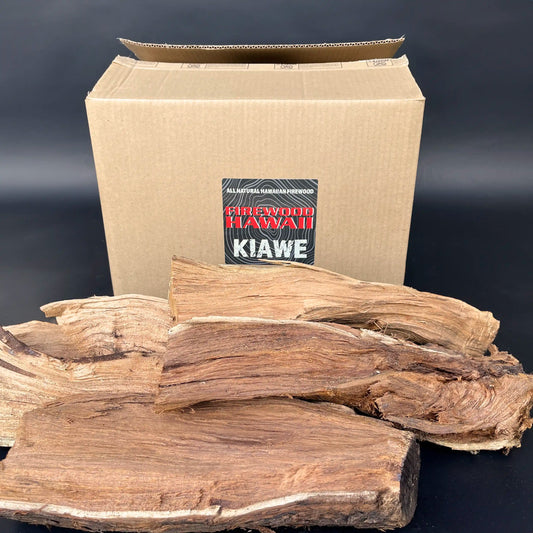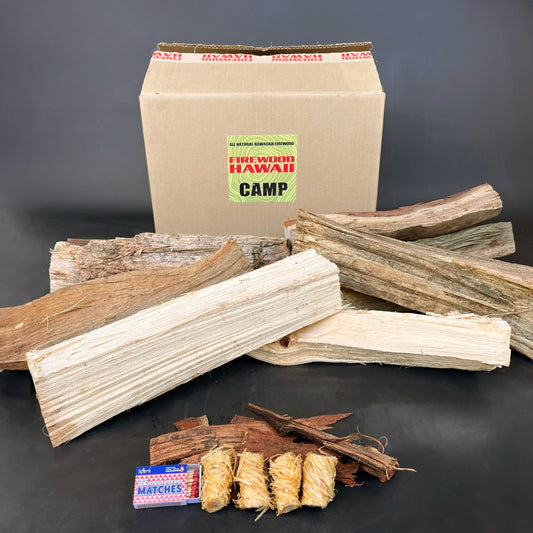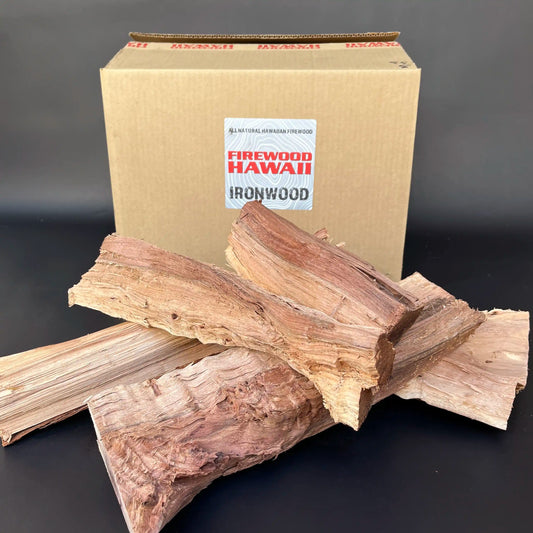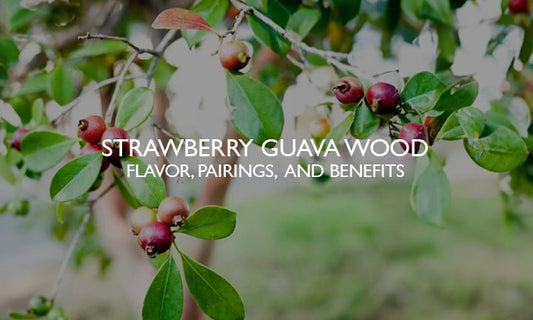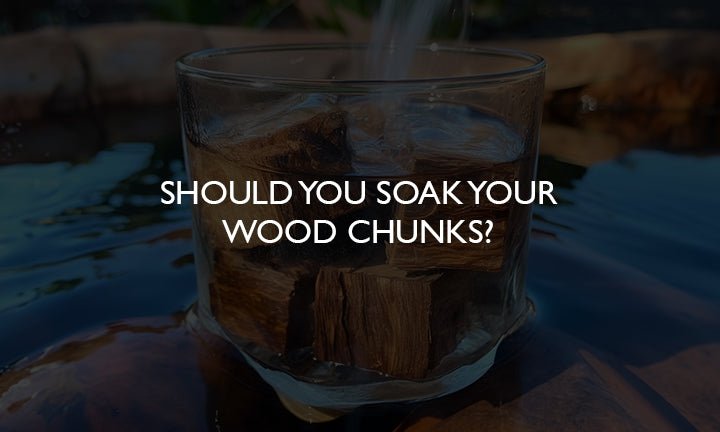
To Soak or Not to Soak: Debunking the Myth of Wood Chunk Soaking
Share
When it comes to grilling with wood chunks, one of the age-old debates revolves around whether or not to soak them before use.
Many grilling enthusiasts have different opinions on this matter, but let's delve into the science behind soaking wood chunks to determine if it's truly necessary or just a myth.
The Myth of Soaking Wood Chunks:
The Moisture Factor
One of the main reasons people soak wood chunks is to prolong the burning time and prevent them from igniting too quickly. The theory is that the soaked wood will release moisture slowly, resulting in a longer, controlled burn.
However, the truth is that wet wood takes longer to ignite and produces more steam than smoke. This can hinder the development of those desirable smoky flavors.
Smoke Production and Flavor
Soaking wood chunks can actually impede the production of smoke. As the soaked wood heats up, it must first evaporate the moisture before it can produce smoke.
This delays the smoke production process and may result in less smoke overall. Remember, it's the smoke that imparts the delicious flavors to your grilled food, so it's essential to prioritize its creation.
Temperature Control
Soaked wood chunks can also affect temperature control on the grill. The release of steam from the wet wood can cause fluctuations in temperature, making it challenging to maintain a consistent cooking environment.
This can lead to unevenly cooked food and make it difficult to achieve that perfect sear or grill marks.
The Alternative Approach
Dry Wood Chunks
Instead of soaking wood chunks, opt for using them dry. Dry wood chunks ignite more quickly and produce a cleaner burn, allowing for efficient smoke production.
This ensures that your food receives the optimal amount of smoky flavor while maintaining better temperature control on the grill.
Soak Wood Chips Instead
If you still prefer to use soaked wood, consider using wood chips instead of chunks. Wood chips are smaller in size and can absorb water more effectively.
Soaking wood chips can provide a controlled release of moisture, resulting in consistent smoke production without the drawbacks associated with soaked wood chunks.
Experiment and Find Your Preference
Ultimately, the choice of whether to soak wood chunks or not comes down to personal preference.
Every griller has their own techniques and methods that work best for them. The key is to experiment and find the approach that aligns with your grilling goals and delivers the flavors you desire.
The practice of soaking wood chunks for grilling is a subject of debate among grilling enthusiasts. While some swear by it, the science suggests that soaking may hinder smoke production and temperature control.
Instead, consider using dry wood chunks or opt for soaking wood chips if you prefer a controlled release of moisture. Remember, the true art of grilling lies in mastering temperature control, smoke production, and understanding the flavor profiles of different woods.
Shop Firewood by Type
Happy grilling!



